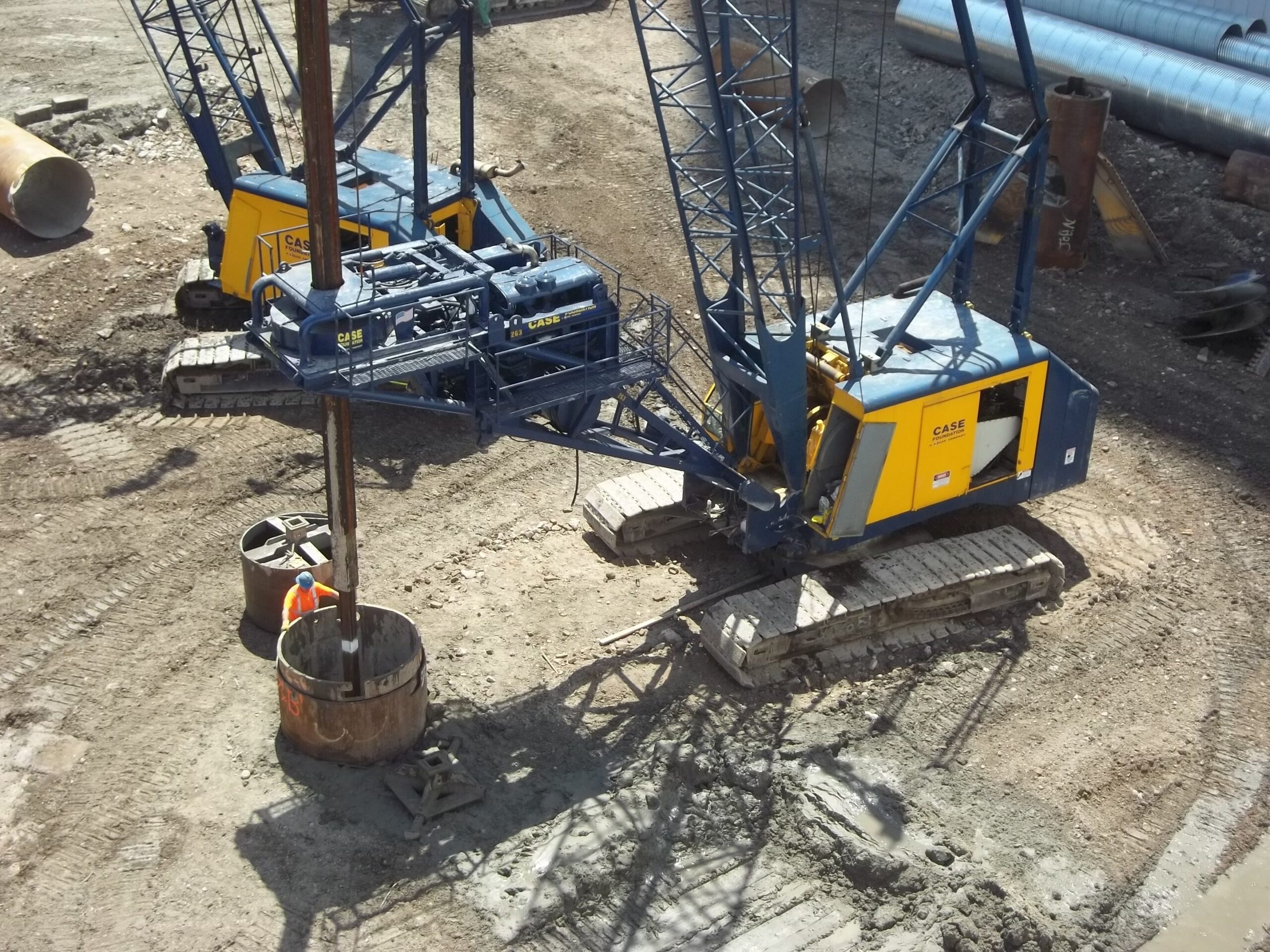SDA, SIL, STA, MTA, ILO… these are all housing options that may be available to NDIS participants, depending on whether they are reasonable and necessary, what NDIS support needs they have, and other NDIS housing funding and assistance criteria. Finding a housing choice that may suit your needs requires some research due to the acronyms, NDIS jargon, and stringent criteria associated with NDIS housing options. Fortunately, we’ve already done the legwork for you.
Specialist Disability Accommodation (SDA)
Specialist Disability Accommodation (SDA) is a type of housing built for people with disabilities who would find it difficult to live in a regular home. Special building features, such as ramps or sensor-led lights, are included in SDA homes to make it easier for those in wheelchairs and others to move around.
SDA is only offered to NDIS participants who have incredibly high support needs or severe functional disabilities; hence it is only accepted for a small percentage of all applicants (an estimate of 6 percent by the NDIA).
You must have a housing target in your plan to apply for SDA funding, which you can discuss with your Local Area Coordinator (LAC) or NDIA planner during your planning or plan review meeting. Suppose you have a Support Coordinator or Specialist Support Coordinator. In that case, they can assist you in exploring housing options and drafting a housing plan that explains why SDA funding is reasonable and necessary for you.
If you are eligible for SDA, you will receive a payment from your NDIS plan’s Capital Supports budget. These payments cover the cost of the residence in which you live.
It’s vital to understand that SDA only covers the costs of the property; it doesn’t cover any assistance you might need to stay in the house. You must also pay a rent contribution to your landlord, but the amount you pay is limited.
In most cases, an SDA property is shared with other people who have SDA funding in their NDIS plans. Participants may, however, be eligible for support to live alone in an SDA house.
Supported Independent Living (SIL)
Supported Independent Living (SIL) is a type of funding for people whose disabilities make it difficult to live freely. SIL may be a housing option to consider for participants who are significantly reliant on a support person in their daily lives and require frequent or round-the-clock assistance.
SIL funding is divided into three categories:
Lower needs – ensures that living situations are monitored regularly.
Standard needs – provides active assistance for most daily tasks 24 hours a day, seven days a week.
Higher needs – active assistance that is ongoing and more complex.
All NDIS participants over the age of 18 who rent privately, own their own home, live with others, or reside in Specialist Disability Accommodation (Yes! You can receive funding for both SDA and SIL) may be eligible for SIL funding. If a participant is under 18, the NDIA usually expects their parents or the child welfare system to help.
To apply for SIL, your current NDIS support worker or service provider must fill out a Provider SIL Pack, which comprises a summary of how much personal assistance you require on a daily/night basis during a typical week. The NDIA will use this information to decide whether SIL is the best option for you and whether funding it is reasonable and necessary.
Individualised Living Options (ILO)
Individualised Living Options (ILO) funding can assist you in receiving individualised personal assistance in the home of your choice. The funds will go toward helping you put together a network of official and informal (paid and unpaid) supports to help you live more independently and achieve your goals.
The NDIA divides ILO funding into two categories:
ILO Exploration and Design gives funds per hour for a housing specialist or your Support Coordinator to assist you in better understanding your alternatives and determining which form of living arrangement would be ideal for you.
The ILO Support Model is a funding package covering your paid supports in your preferred living arrangement.
If you are qualified for ILO, your unique situation and proposal will determine the sum of funds you receive.
When it comes to the proposal, you can look at any possible living arrangement, from sharing a flat with a non-disabled friend who could act as your part-time caregiver to living alone with a professional support worker giving daily assistance. The NDIA will determine if the individual living alternative you propose is reasonable, necessary, and cost-effective. If the NDIA approves your request, your funding will be determined based on your supplied price.
Participants may find ILO an empowering option since it gives them more choice and control over where they live, who they live with, and what additional support they may require.
Short Term Accommodation (STA)
NDIS members whose primary caregiver requires a break, is sick, or is suddenly unavailable for other reasons can get Short Term Accommodation (STA), which provides a temporary residence and the necessary support.
Every NDIS participant can use their Core Support budget to afford STA (also known as respite care) in a professional respite centre (shared with other participants) or in an Airbnb rental shared with your support worker for a period of a few days to a few weeks. If you think you might need funding for STA, talk to your LAC or NDIA planner about it. STA accommodation is not inexpensive, and you don’t want to spend too much of your Core Support budget on it when it could be used for other things.
If you are experiencing a crisis or an emergency requiring immediate respite care, you must request an unscheduled plan review due to a change in circumstances and incorporate STA in your plan. Any STA & Assistance you receive will cover your whole stay in a respite centre or camp, including the assistance and meals you receive.
For more information about NDIS supports visit us at https://psupportservices.com.au/.




